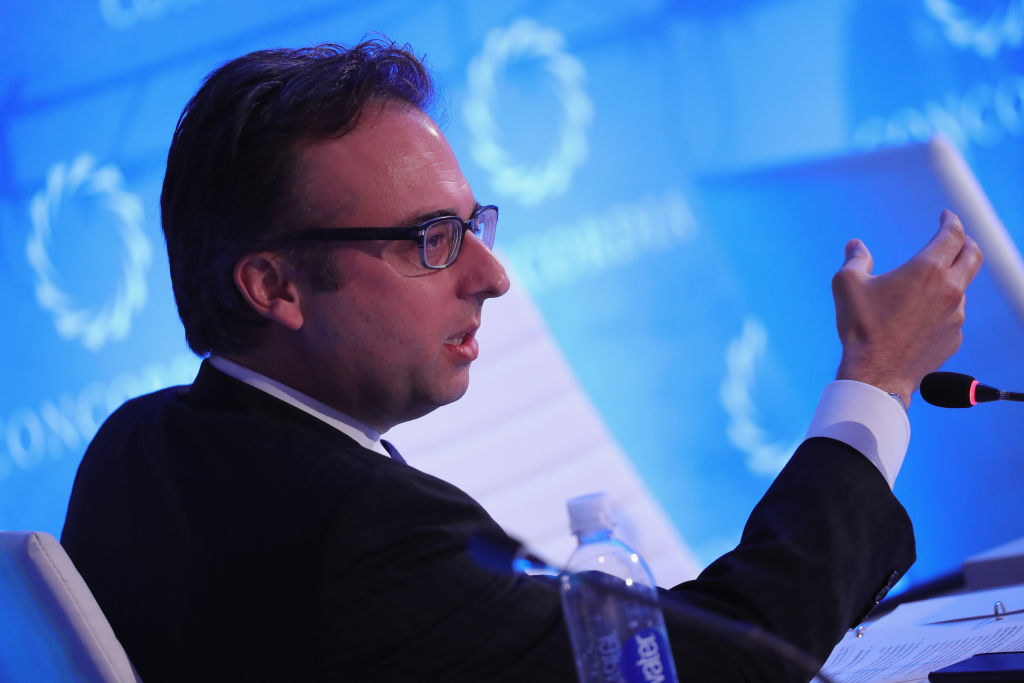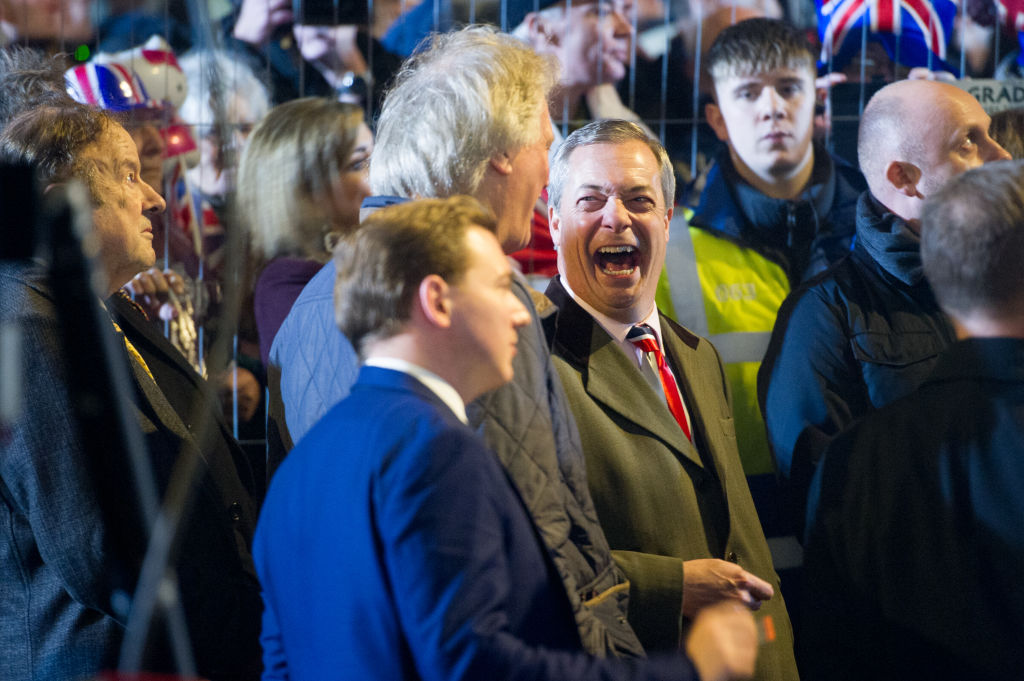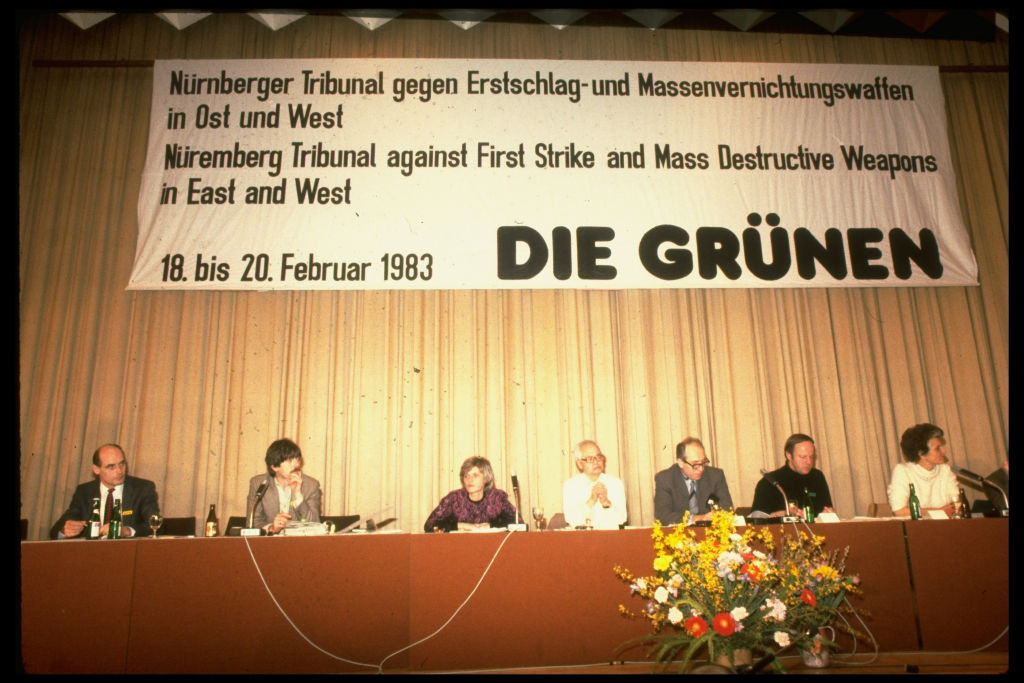Out of the many actions President Donald Trump took on his first day in office, two caught the eyes of Europeans: his announced withdrawal from both the Paris Climate Accord and the World Health Organization (WHO). While Trump had previously withdrawn America from the former, President Joe Biden quickly brought the country back in upon assuming office. Likewise, Trump had announced a planned withdrawal from the WHO, but left the presidency before the one-year withdrawal period was up. Now, with four years ahead, America’s leaving both of those organisations is assured – and if Trump is succeeded by someone like Vice President JD Vance, the United States may never return to either organisation.
This has put Brussels in something of a pickle. When Joe Biden got into office, European liberals were gleeful at the fact that Biden was going to restore the corroding post-Cold War international order. But he by and large failed to do so, leaving his successor with a stalemate in Ukraine – one which is slowly morphing into a Ukrainian loss – a still-rising China, and effectively no guidance for Europe.
The problem for Europe, however, is that they should not have waited for American guidance. Since his first term eight years ago Trump was signalling to Europe that they needed to do more to take control of their own affairs. He was happy to work with them, as evidenced by his annoyance over French President Emmanuel Macron’s suggestion of a European army, but he wished for Europe to get a handle on its own affairs so that America could focus on its interests, namely China and the southern border.
But shockingly, Brussels is still not getting the memo. Just this week, Commission President Ursula von der Leyen spoke at Davos, saying, “We have entered a new era of harsh geostrategic competition. Breaking the bonds in the global economy is in no one’s interest. Europe will keep seeking cooperation. With our long-time friends.” Talk about denialism! The old liberal international order is falling apart, piece by piece; Trump’s withdrawal of the United States from the Paris Climate Accords and WHO is only a recognition of that, not a cause. Von der Leyen seemed to recognise this by referencing the “harsh geostrategic competition.” But by following that with talk of cooperation, as if everything was hunky-dory, instead of a clear-cut discussion of how exactly Europe would defend its affairs.
Bizarrely, the commission president did pay lip service, saying Europe would also cooperate with “any country we share interests with.” But this inadvertently highlights Europe’s biggest problem, and the main reason why it has hanged onto the US’s shoulder for so long: because there is no “European national interest.” At least not one that has ever been highlighted. There are competing national interests, but nothing central. Von der Leyen has run into issues with this concept elsewhere; on her official campaign literature last year, she said that “campaigning across Europe…was a reminder of what makes our Union what it is.” How did she define it? Vaguely: “Europe is our home: unique in design and united in diversity.” It sounds like a now-banned DEI statement from a US government website.
So Europe, as a result, has hung its hat on a liberal international order upheld by the United States because the existence of that order enabled Brussels to obfuscate the fact that Europe really does not have much fundamentally uniting them. How similar can Spanish and Bulgarian interests really be? But under America’s umbrella, things were effectively frozen: Europe could spend on a social safety net while America protected it.
This lack of focus has affected Europe on basically all aspects and had a “trickle-down” affect into practically every sphere of life. The continent, once perhaps the centre of cultural output the world over, has long stagnated, with people “trying to make it” going to the United States or the United Kingdom.
Economically, the European Union has a massive gap with the United States, with about 70 per cent of that gap being due simply to lower productivity. It cannot be overstated how much this did not have to happen. Yes, Europe was wrecked during World War II, but since then they have 80 years of peace (as of this year) and have had another power protecting them. Such a collapse of production and industry is inexcusable, and can only be explained by laziness of leaders and a lack of vision.
Or perhaps one should say a loss of purpose. Margaret Vestager, who served in the previous commission, in 2020 said that Europe had a “self-assessment that we are a regulatory superpower.” She said: “You can regulate things that you know about, [but it’s] very difficult to regulate things that you do not know about.” Her argument was that the union should allow for more innovation. But then the next year she championed the commission’s effort to make the USB-C charger the standard for Europe. That was arguably the commission’s greatest success – and it had nothing to do with innovation. If anything, it weakened it.
By relying on Cold War-era structures, and on America to uphold those structures, European leadership has put their continent into a terrible situation. Their continent is full of innovative, creative, and intelligent people – yet leadership lethargy has trickled down and stalled the gears of European innovation.
When Trump was sworn in for a second time, he declared a new “golden age.” Europeans in Brussels, instead of clinging onto old ideas, should look for ways to create a new golden age of their own.





Greenland, Canada, Panama: Trump wants them, but can he take them?